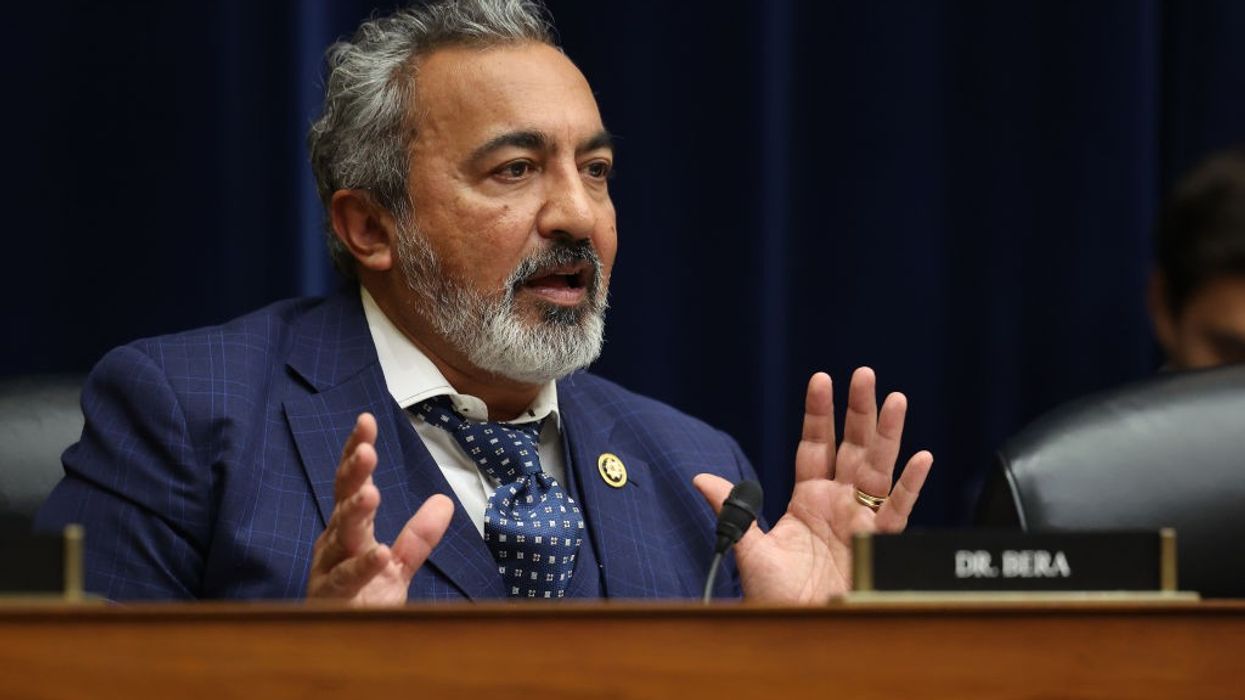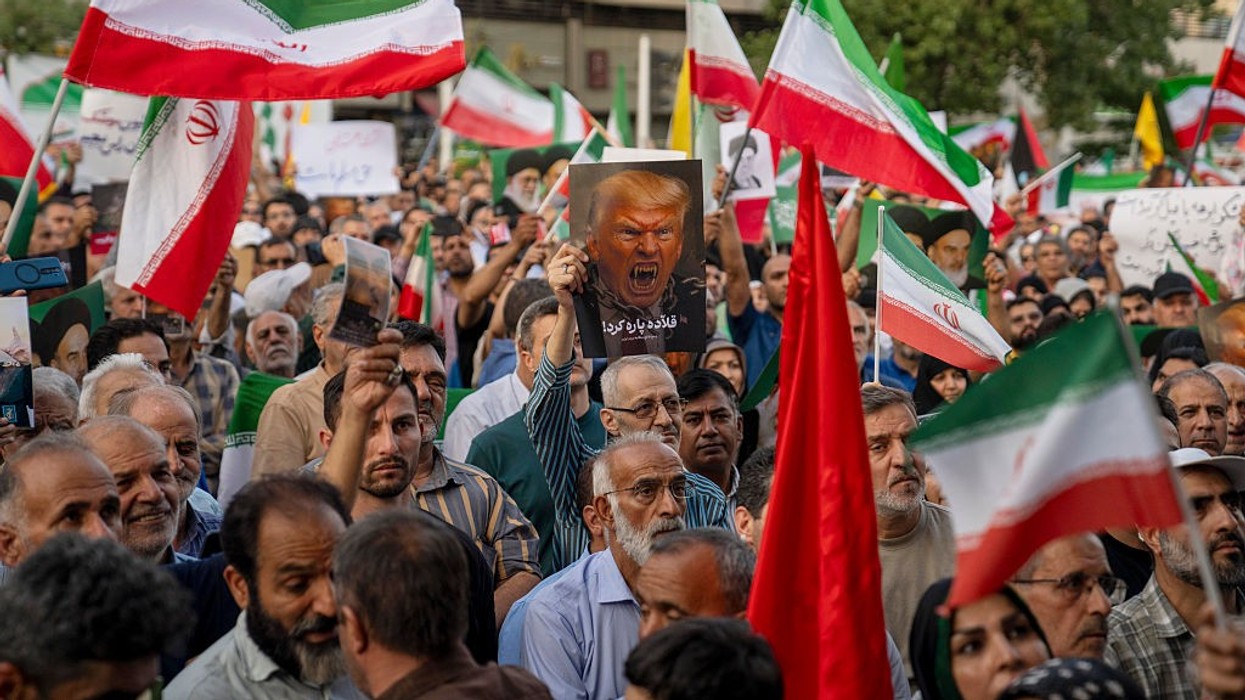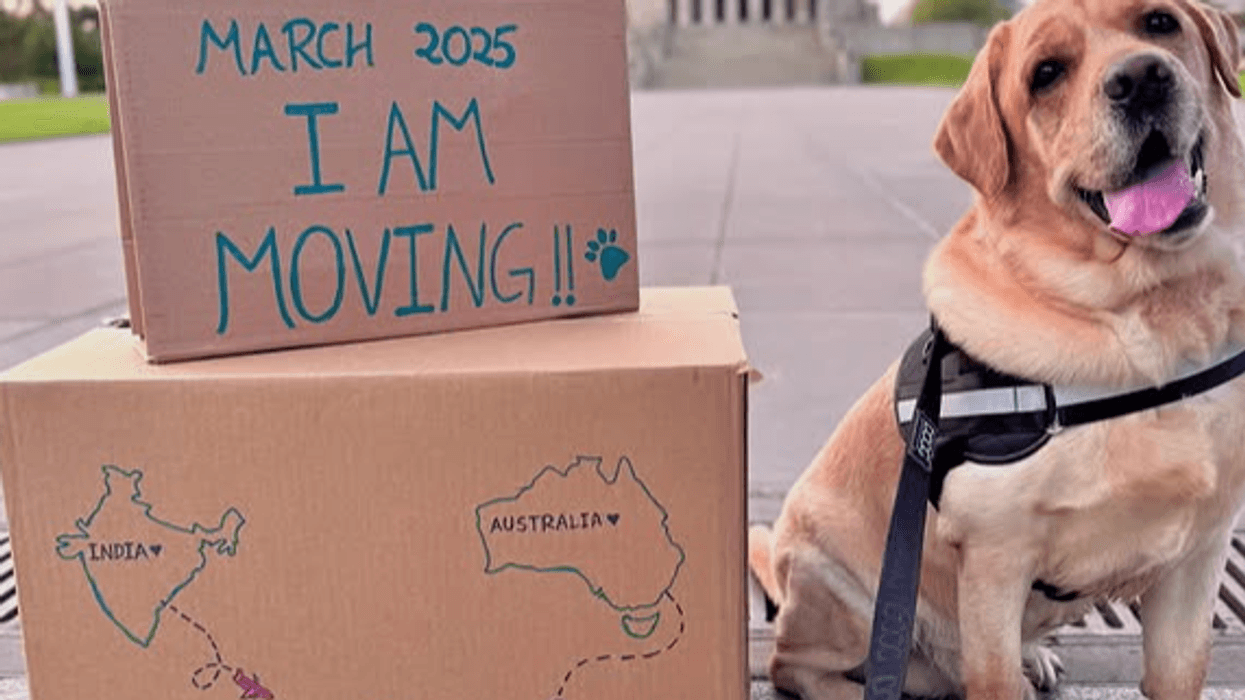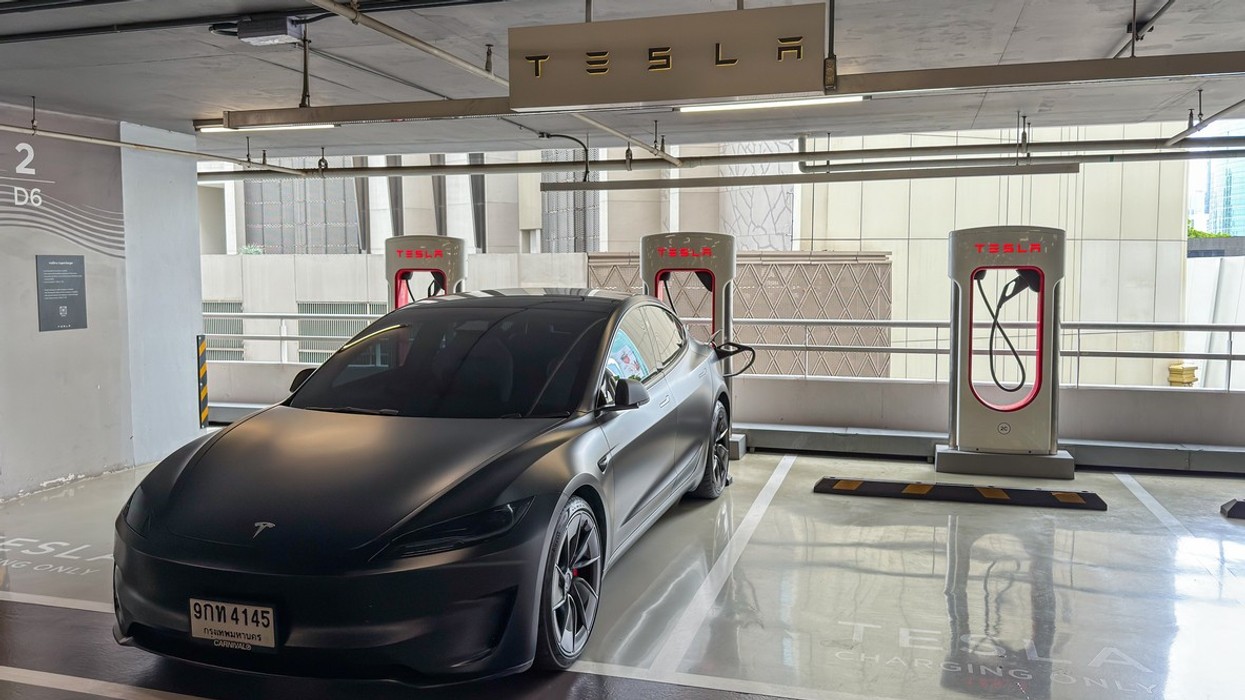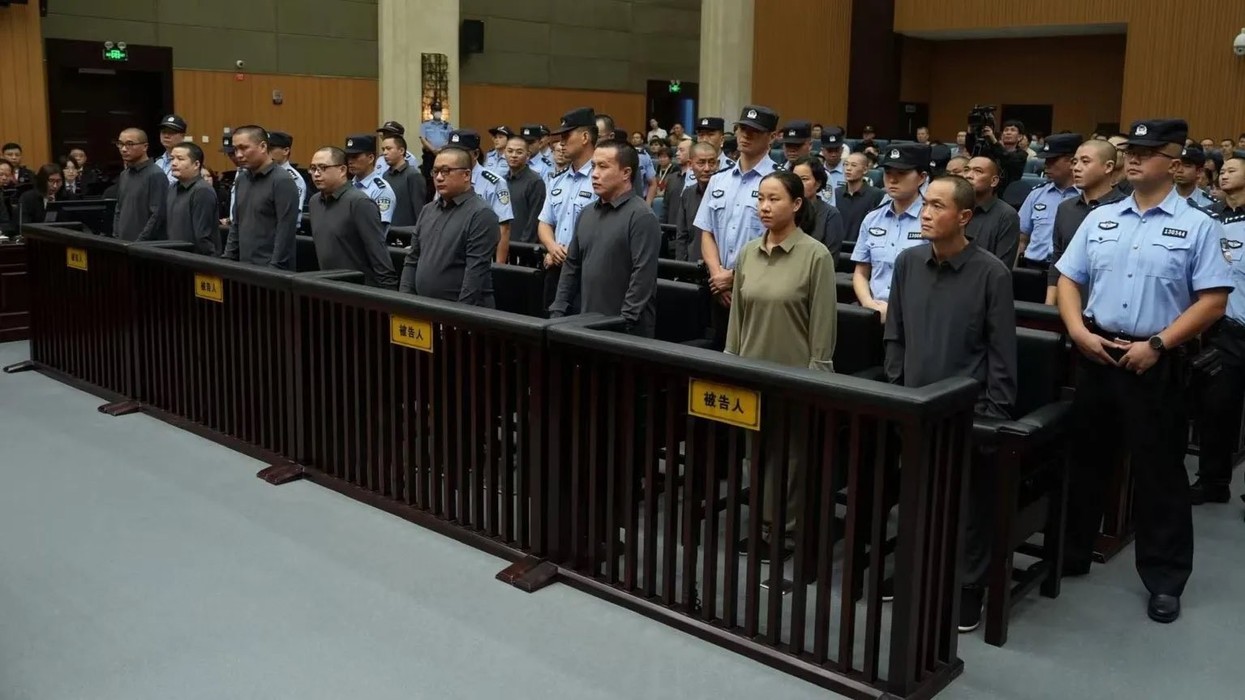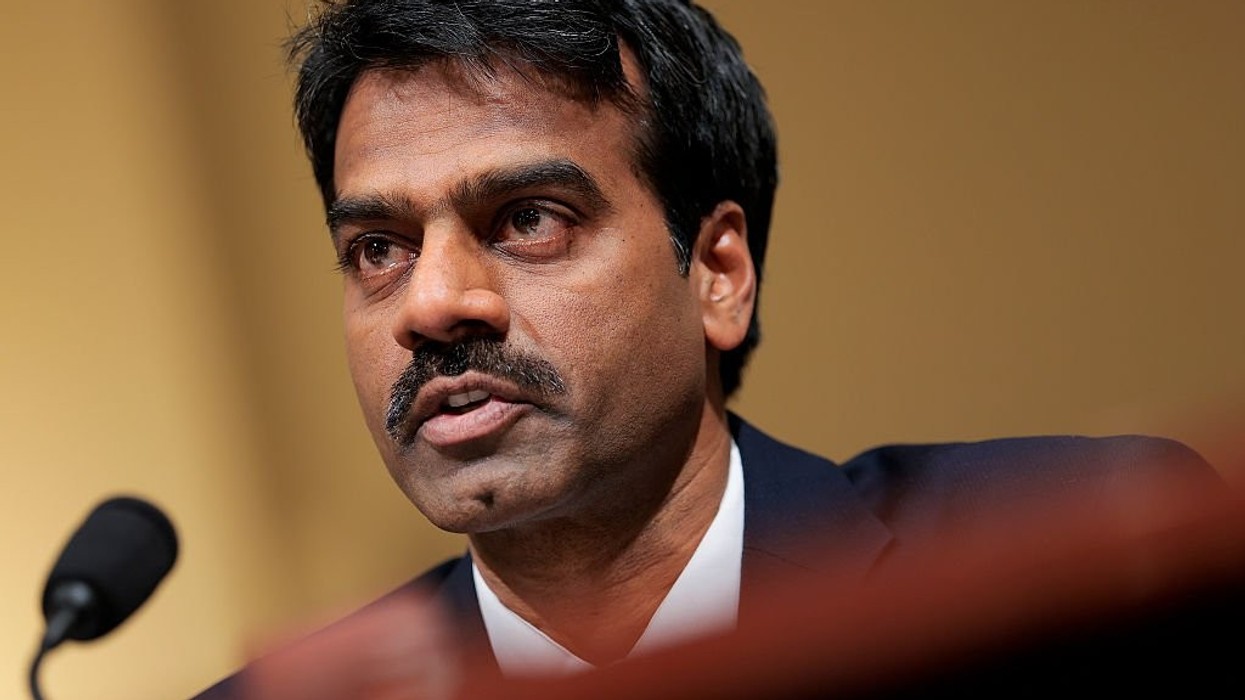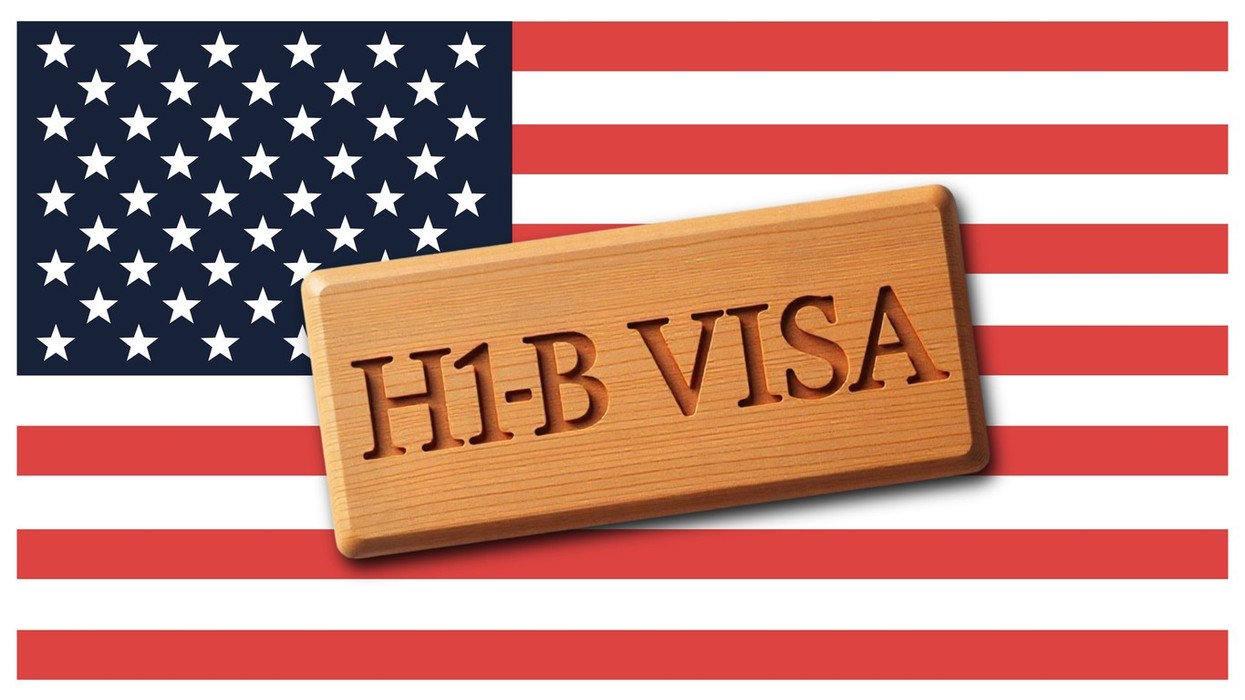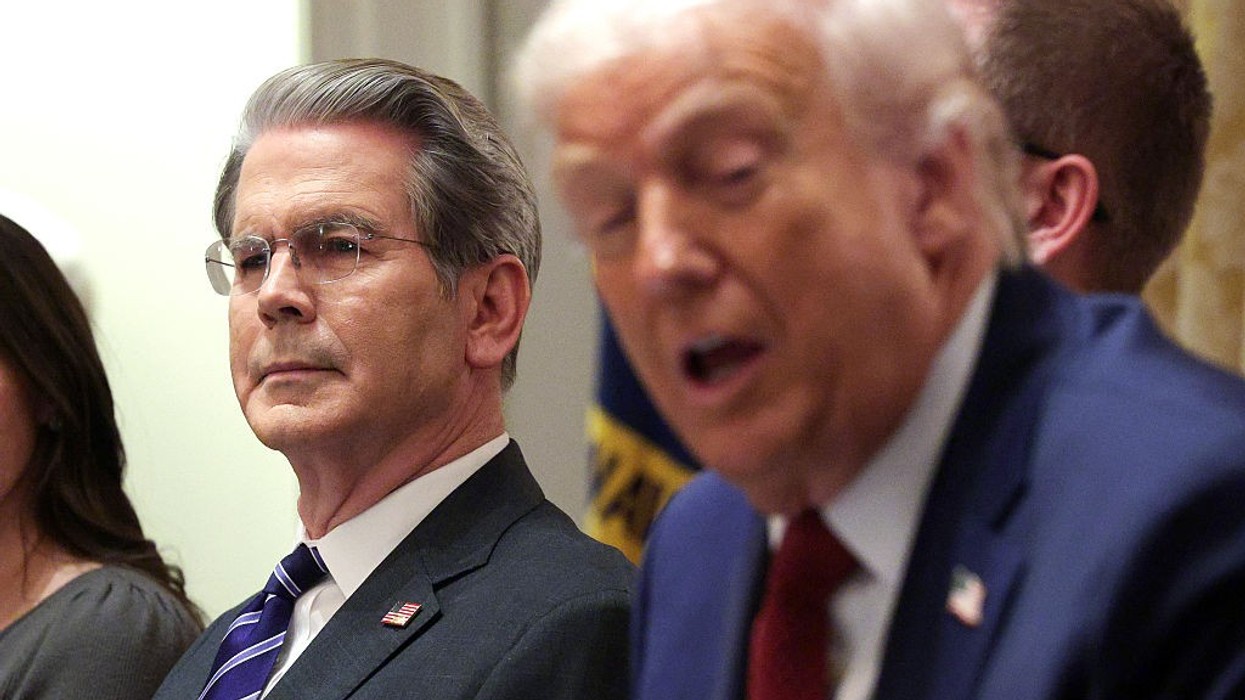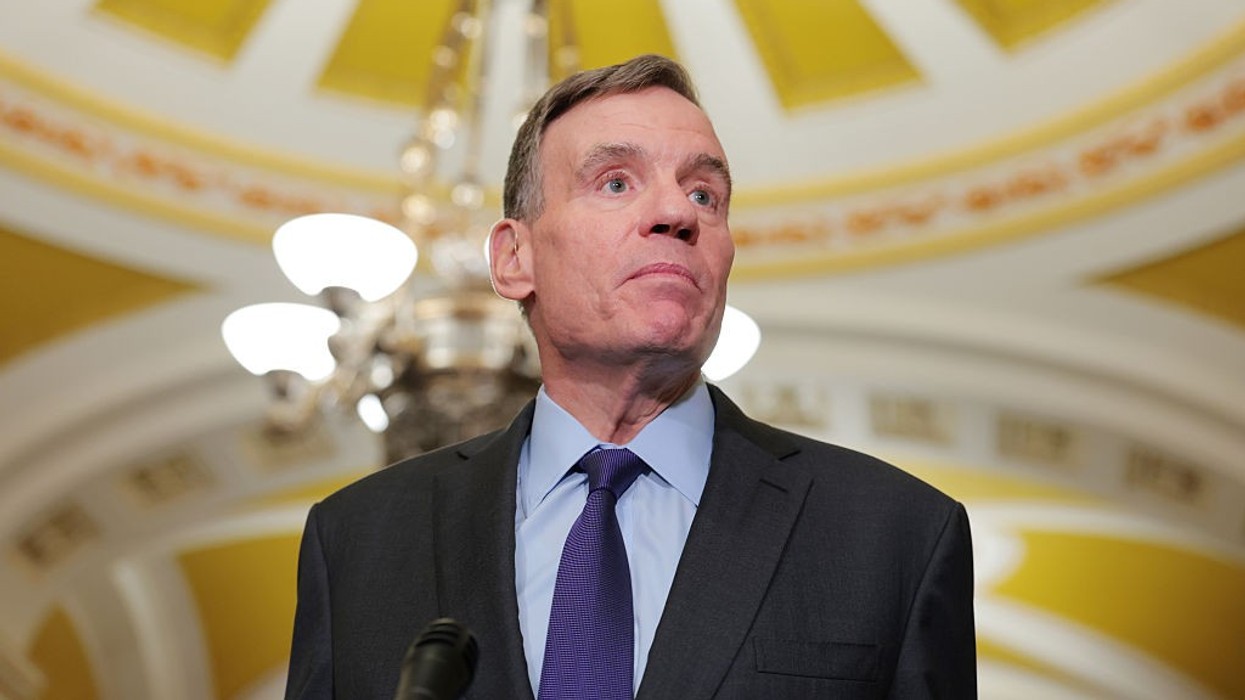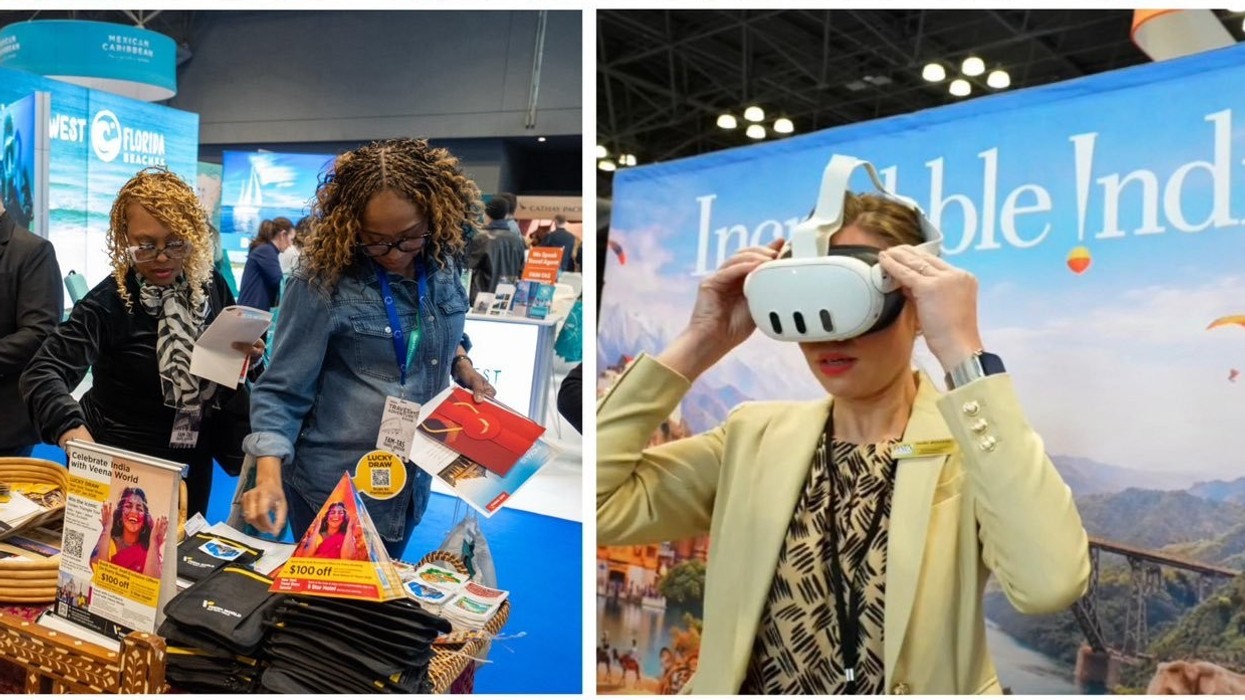Highlights:
- Four US Congress members wrote to President Trump opposing the $100,000 H-1B visa fee.
- They said the rule would harm US-India relations and America’s tech competitiveness.
- India accounts for 71 per cent of all H-1B visa holders in the US.
- Lawmakers argued that H-1B workers drive innovation and job creation in the US.
- They urged Trump to strengthen, not restrict, the visa system to maintain America’s global edge.
Congressmen Jimmy Panetta, Ami Bera, Salud Carbajal, and Julie Johnson sent a letter to Trump asking him to reconsider his September 19 proclamation titled 'Restriction on Entry of Certain Nonimmigrant Workers.' The order includes new limits on the H-1B visa program and a massive fee increase for employers sponsoring skilled foreign workers.
In their letter, the lawmakers said the decision could hurt US competitiveness, innovation, and the deep people-to-people connection with India. “As members of a recent delegation to India, we understand the value of the H-1B programme to our economy, national security, and the Indo-US partnership,” they wrote.
They stressed that the H-1B programme has been a pillar of America's strength in technology and research, helping the country attract top global talent. Indian professionals make up about 71 per cent of all H-1B holders, playing a key role in sectors such as information technology and artificial intelligence.
The lawmakers also pointed out that restricting the programme could weaken the US in its competition with China, which is heavily investing in AI and advanced technologies. “We must continue to draw the best minds from around the world to stay ahead,” they said.
Panetta added that many of America’s most successful companies were founded or led by former H-1B visa holders. These individuals, he said, create jobs, drive innovation, and strengthen the country’s economic and technological leadership.
The lawmakers concluded that the H-1B system is not just about filling job gaps — it’s about securing America’s leadership in industries that shape the future. They urged Trump to suspend the fee and instead expand opportunities for skilled professionals who contribute to US growth and innovation.
